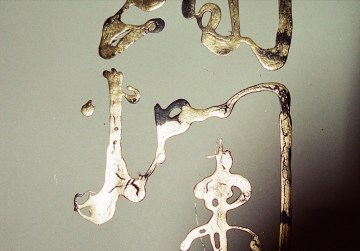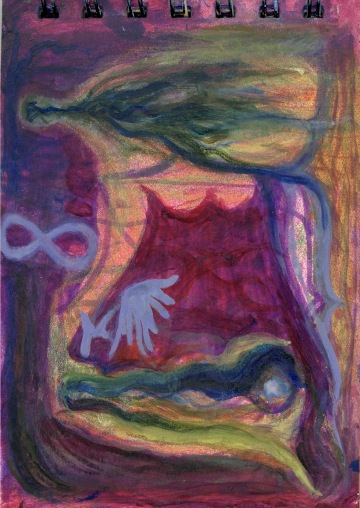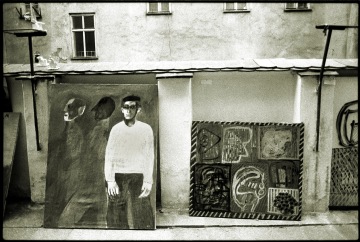Every data has a setting
18 Jun 2021, 1:00 PM

Let’s get straight to it, before we divert you
Workshop will be held online.
You will receive link for the stream via email after the purchase is completed. Access data to the stream are listed on the PDF ticket, which you will find in the email attachment.
Tickets: CZK 130–500
A workshop exploring ways to redesign technology in a way that makes users aware of the environmental power of their online choices using situated data analysis, design and speculative writing.
We live in a society with increasingly complex layers of data collection and use. It is often hard to figure out how to engage with massive platforms like Google or Facebook or even something as relatively single purpose as a fitness tracking app. At one level, these platforms are useful to us and even pleasurable and satisfying. At the same time, the knowledge that our data is also being used in completely different ways is worrying. The huge wealth generated from the aggregation and sale of personal data has become a highly dominant form of power in the modern world, shaping our cultures and our environments in subtle but significant ways that are mostly invisible to us.
During the session participants will use situated data analysis, a new method for analysing encoded power relationships in social media platforms and apps developed by Jill Walker Rettberg. Building upon Donna Haraway’s concept of situated knowledge and recent research on algorithmic bias, it gives users a way of making visible how data is constructed, framed and processed for different audiences and purposes.
Building on a simple analysis of a number of popular apps and interfaces (Tinder, WhatsApp, Strava, a cookies permission box and a menstrual tracker), the group will respond to them in a way that challenges the power dynamics in their data. To do this they can use drawing, design, or and speculative writing.
Miranda is a designer & producer working with BBC R&D and Wellcome’s Mental Health team. She runs interdisciplinary R&D programmes exploring new ways of using data, building technology that prioritises social and climate justice in the engineering process. Her work combines participatory and speculative design with social science methods. Some of the topics she’s interested in right now include the circular economy, feminist technologies for health and science.
Project Partner



















